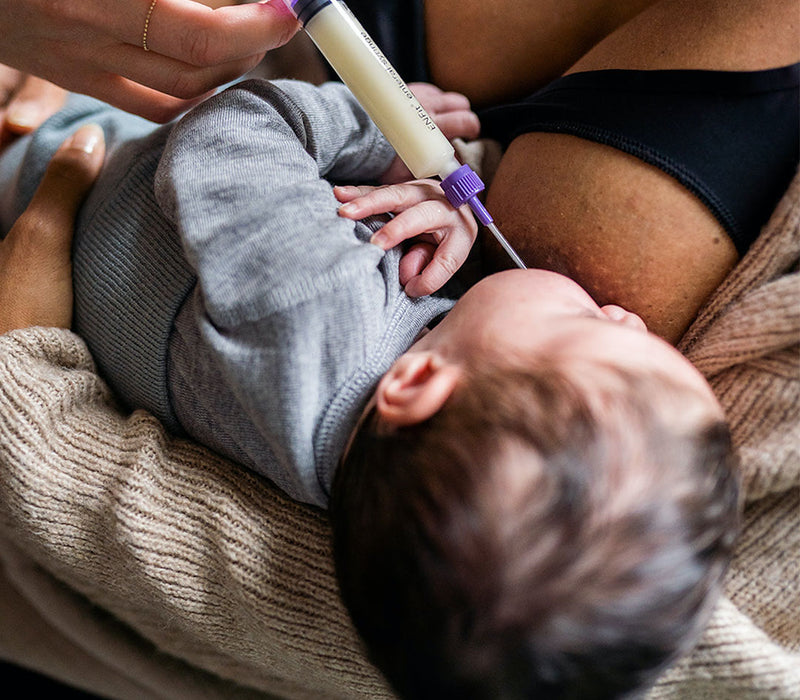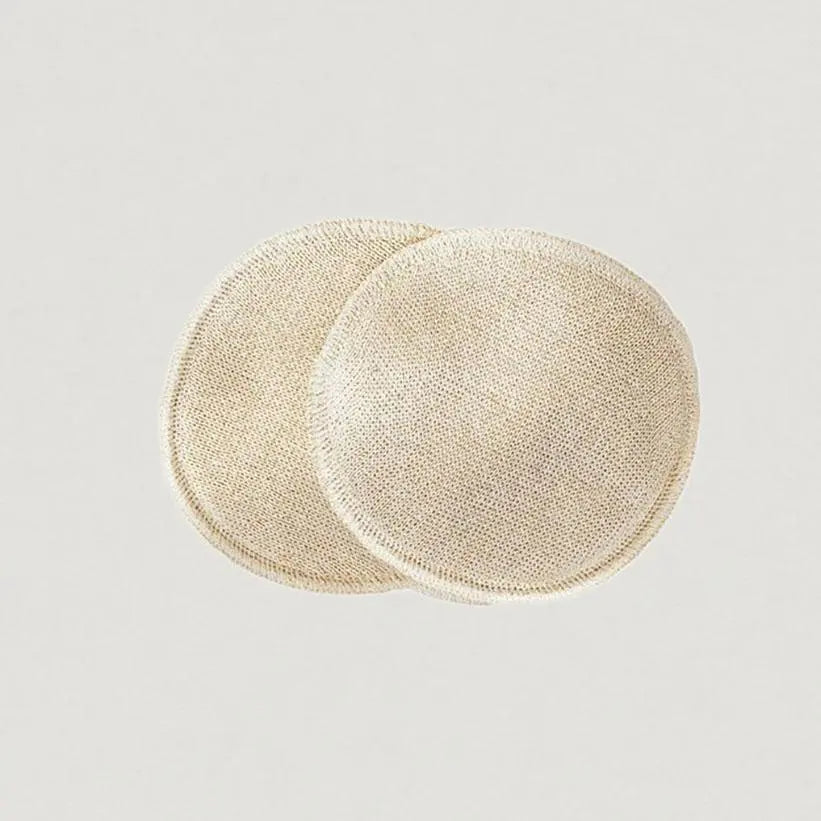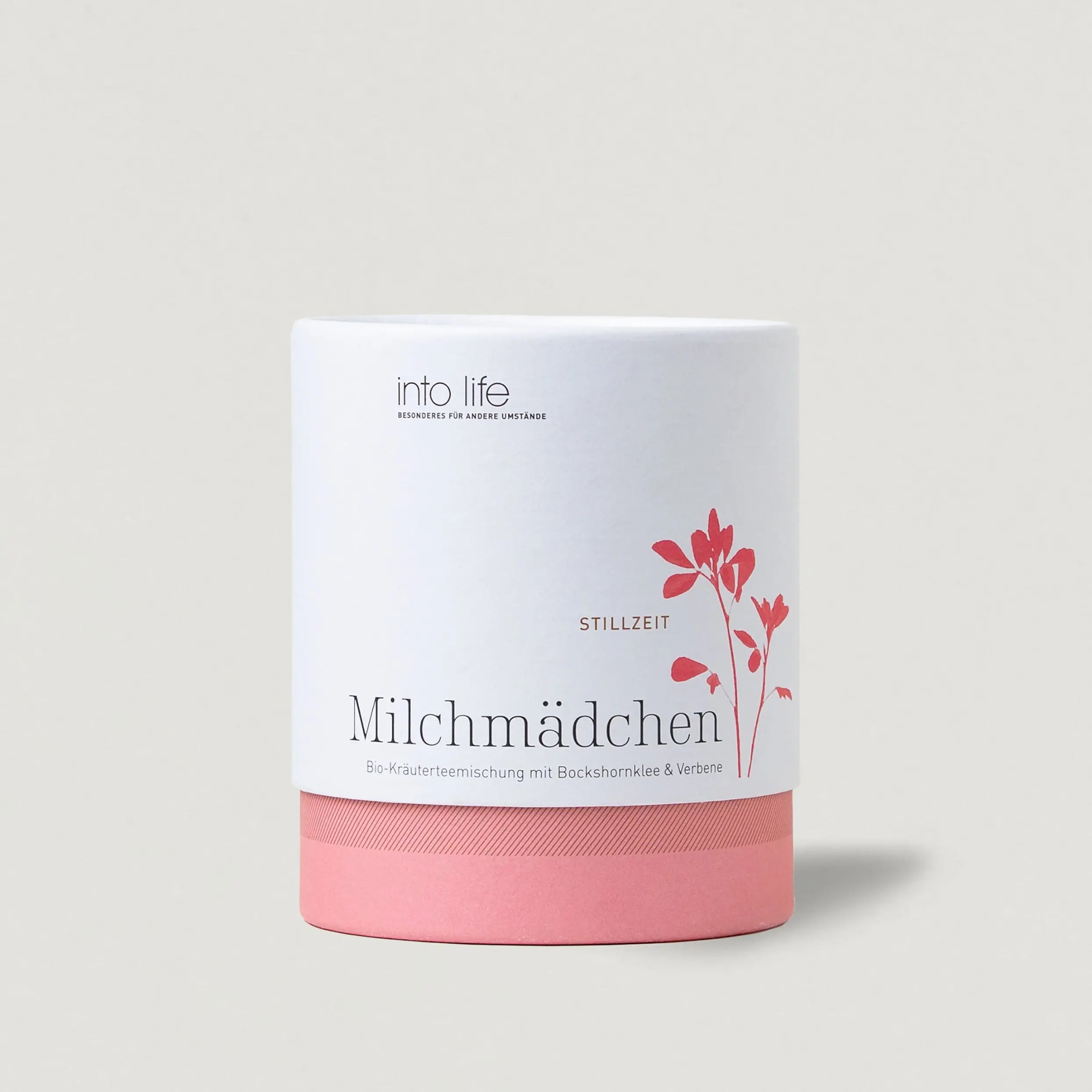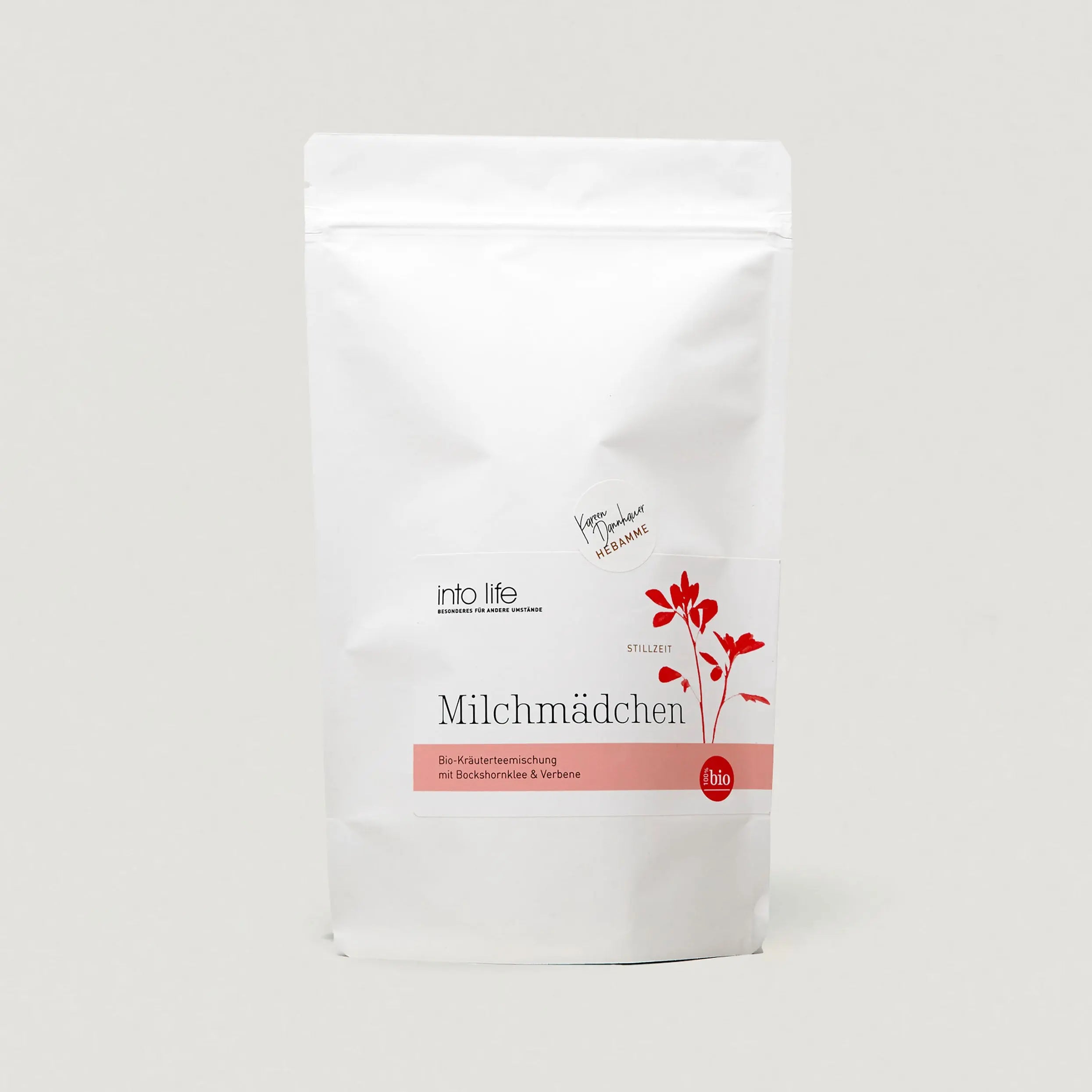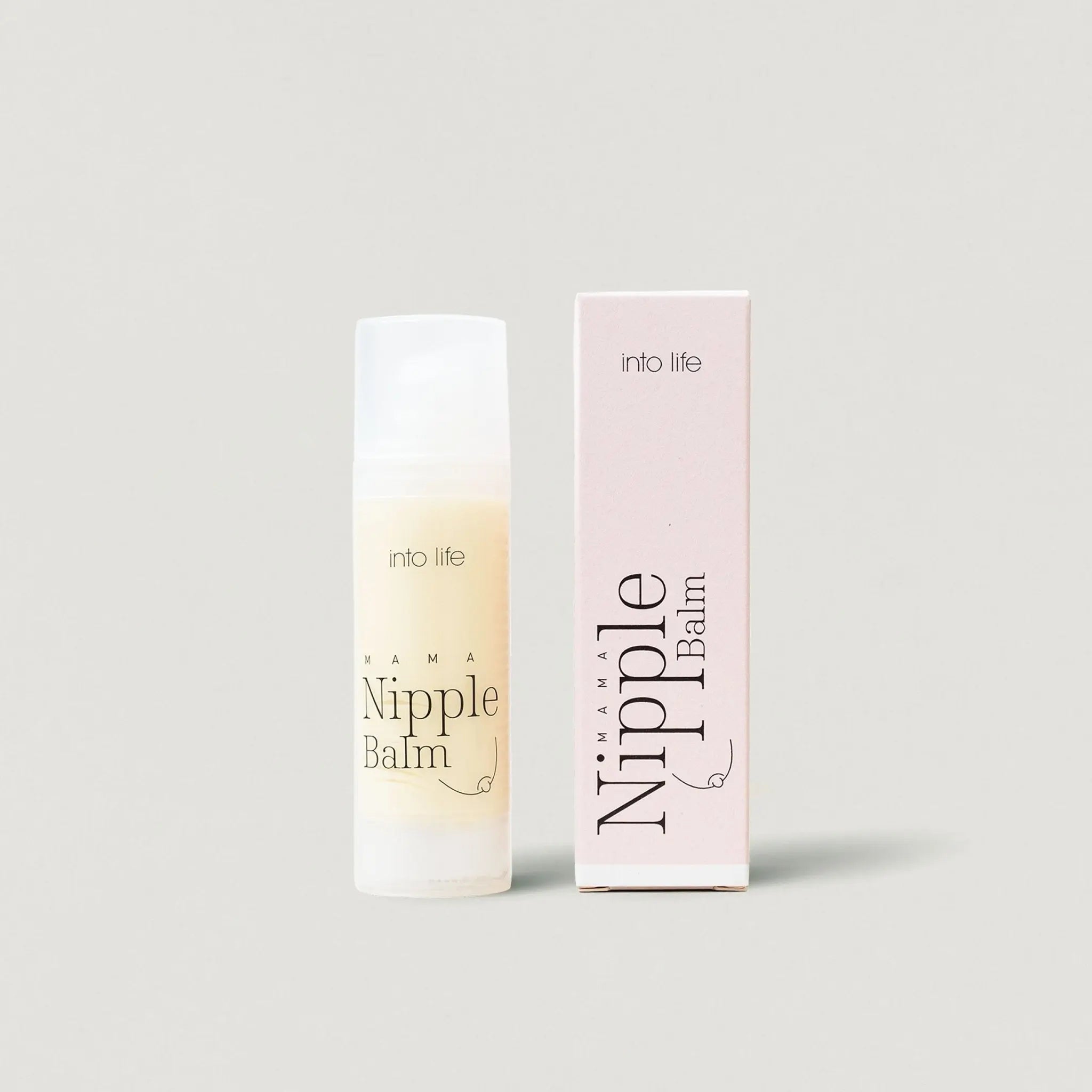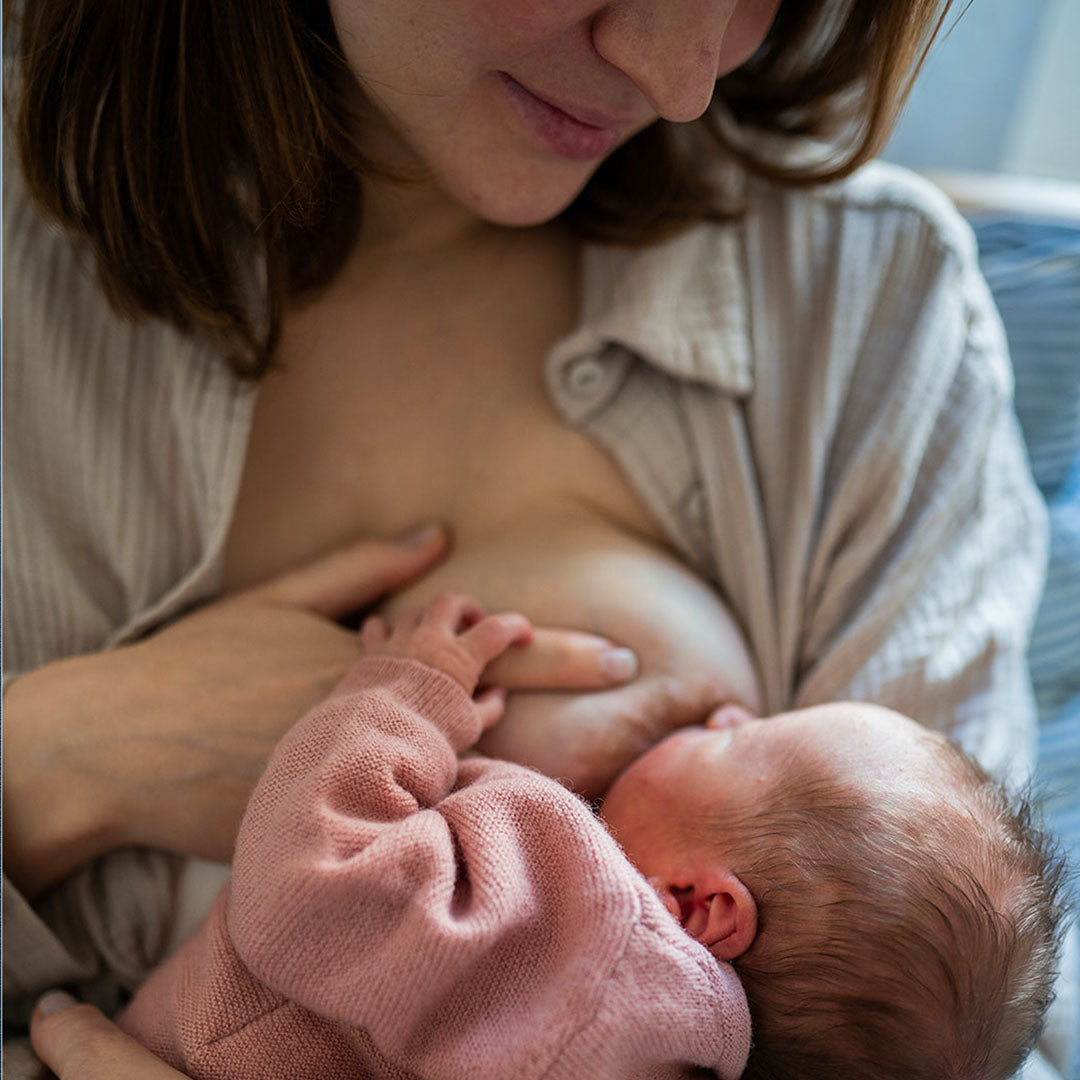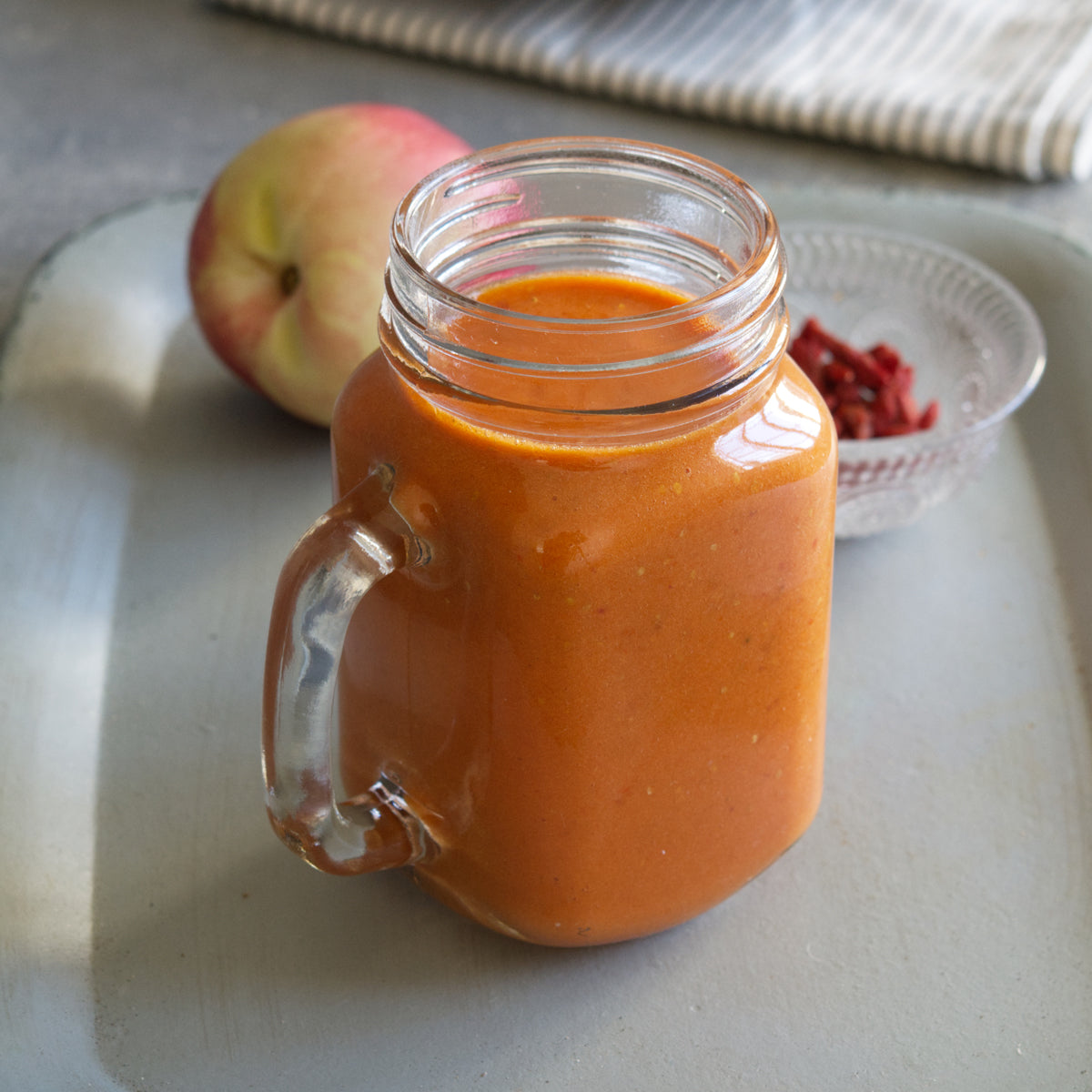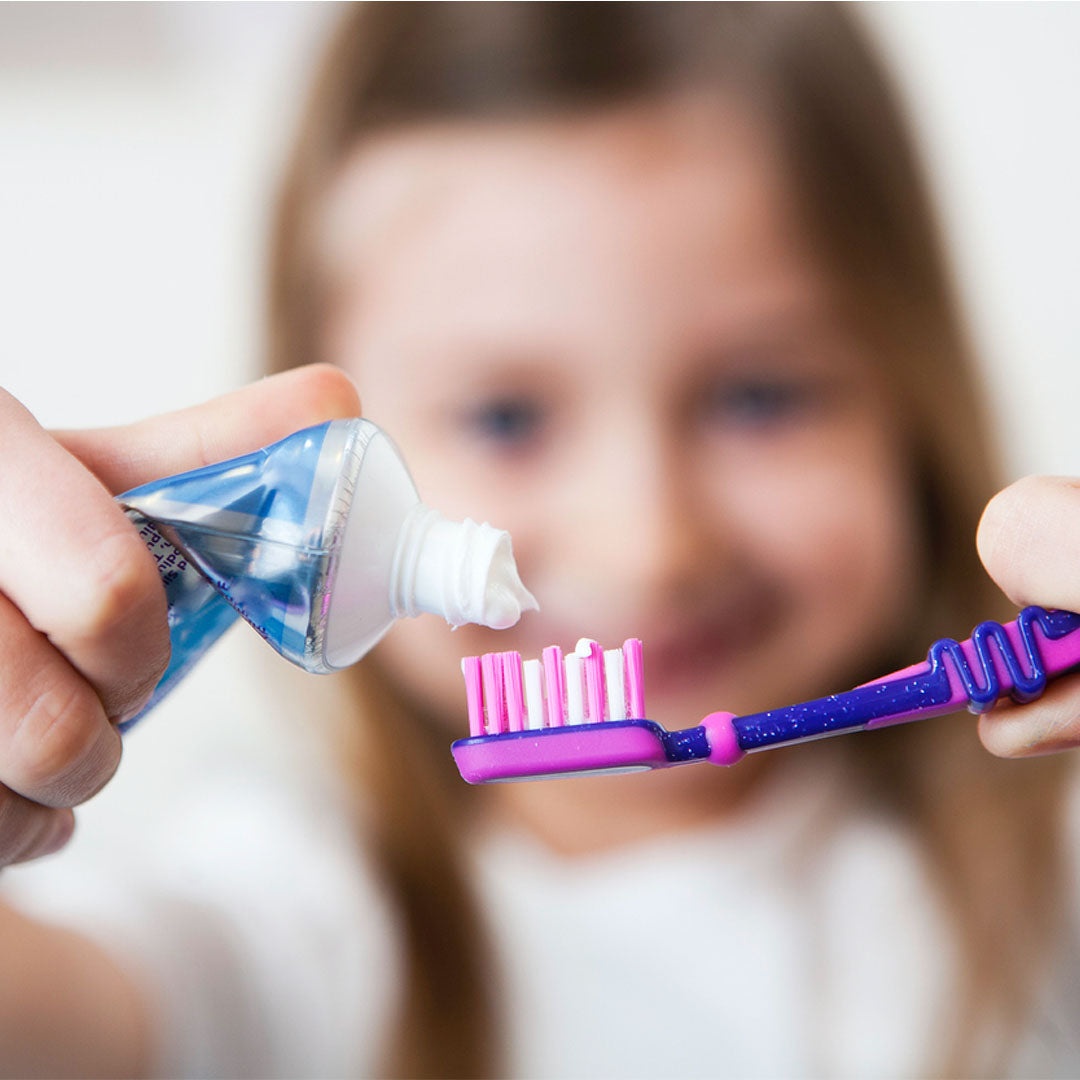Breast Milk – Key Highlights
Breast milk provides the baby with essential nutrients and antibodies, adapting to its needs. It strengthens the bond between mother and child, and milk production adjusts based on demand – regardless of breast size. Additionally, breastfeeding benefits the mother's health and protects against certain diseases.
Muttermilch – Die Superkraft der Natur
Breast Milk is Truly Amazing
Did you know that breast milk contains all the nutrients your baby needs in the first months of life? It provides the newborn not only with energy in the form of fat and sugar but also with essential proteins, vitamins, and minerals.
Colostrum in the First Days
But that's not all. Especially colostrum, which is produced in the first days after birth, contains valuable antibodies and immune substances that protect your baby from infections and germs. This means that breastfeeding not only transfers nourishment but also part of your immune system.
Adaptation of Breast Milk During the Nursing Period
In addition, the composition of breast milk constantly adapts to your baby's needs. At first, it is more watery and contains more sugar, but later it becomes richer in fat. The fat content is influenced by the duration and frequency of feeding, with frequent breastfeeding leading to a higher fat content. This way, your baby always receives exactly what it needs.
Bonding Through Breastfeeding
In addition to all the health benefits, breastfeeding also has emotional advantages. It creates a close bond between mother and child and provides comfort and security for both.
Here are 5 things you should also know about breast milk and breastfeeding:
1. The Amount of Breast Milk
The amount of breast milk increases until about the 4th week after birth. After that, it reaches a total volume of 800 – 1,000 ml per day (double for twins). From then on, only the composition changes, adapting ideally to the baby’s age, varying duration, and frequency of breastfeeding. If the baby is sick, the breast can even provide antibodies produced by the mother, alongside all essential nutrients, to prevent or mitigate illness.
2. The Size of the Breast
Breast size does not indicate the amount of breast milk produced. The number of milk glands is roughly the same in every breast, regardless of size; the difference is due to fatty tissue. Milk production is influenced by feeding habits: the breast produces on demand. By breastfeeding more frequently, the breast can significantly increase milk production within 48-72 hours.
3. Influences on Milk Production
Drinking more water or tea, or increasing calorie intake, does not directly affect milk production. It is important to note that the fluid requirement is naturally higher, and a breastfeeding mother needs 400-500 more calories daily. If you drink too little, it can lead to exhaustion and physical discomfort, which is not conducive to a positive breastfeeding experience, but it is not the cause of low milk supply. Your daily calorie intake should not drop below 1,500 kcal. And to clear up a myth: There is no evidence that certain foods cause colic in babies.
4. Cluster Feeding is Normal!
A healthy newborn should breastfeed at least 8-12 times in 24 hours in the first days. More frequent feeding is also fine and normal. Cluster feeding is a behavior that often appears in the first days, especially in the evening or at night. Babies feed very frequently with short breaks over a specific period, sometimes lasting several hours. This behavior can be tiring but is not a sign of hunger or low milk supply. It is an intuitive way to stimulate milk production or adjust its composition during growth spurts. This happens frequently in the first days and weeks, then occasionally afterward, showing that your baby understands its needs well. A silver lining: Babies often sleep longer afterward.
5. Breastfeeding Benefits Both Your Baby’s and Your Health!
Here are a few examples of health benefits for you as a breastfeeding mother: The uterus contracts more quickly after birth, reducing blood loss. Breastfeeding reduces the risk of breast and ovarian cancer; the longer and more children you breastfeed, the lower the risk. Women with gestational diabetes are less likely to develop type 2 diabetes later on. Studies show that breastfeeding reduces the risk of developing osteoporosis, cardiovascular diseases, and rheumatoid arthritis later in life.
Podcast
Hebammensalon - Breastfeeding Hacks
Our Conclusion for You:
Every breastfeeding journey is unique and valuable, and it's worth it. We celebrate you all – those who love it, those who struggle, and those who make it work in their own way.
Smoothies
Superfood Smoothie Recipes for Postpartum Nourishment
Have you already discovered our Superfood Smoothie recipes? Developed by our co-founder Marina in collaboration with nutrition coaches, these smoothies are packed with valuable superfoods to nourish you with the best nature has to offer after childbirth.
